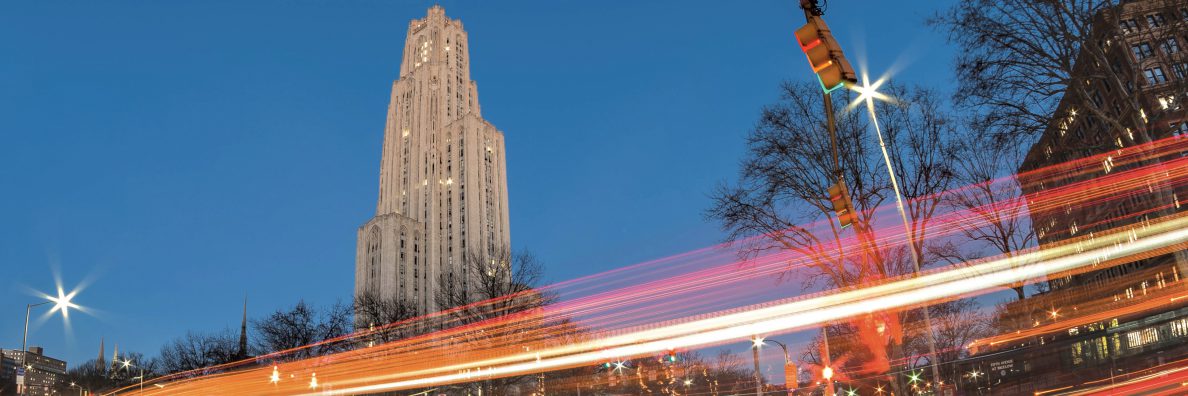Will people wait 30 minutes for the next bus, if they can get $2 off from the sandwich shop across the street? What if it’s raining? What if the Penguins have just lost a game? Researchers in the PittSmartLiving project are trying to understand how external and internal factors (such as weather and emotions) affect how we trade off time and money. These questions not only help us understand more about human behaviors, but also are the key to develop solution to transform Pittsburgh into a smart and sustainable city. This is the idea behind our NSF-funded project that seeks to simultaneously fuel up marketplace and multimodal mobility with a smart mobile app and data analytics.

Our initial survey, conducted in February 2017 through the University Center for Social and Urban Research (UCSUR) with close to 900 Pittsburghers, reveals some interesting things about incentives:
- Reliable information means more than money:
65% of our respondents said they would use public transit if they had better information on bus capacity and arrival times. Surprisingly, only 57% said the same when asked about monetary incentives.
- ..especially for the older population:
Most of our respondents over 60 would not change their travel behavior given monetary incentives, however, would do so when given more reliable information.
- Higher income = harder to change:
Regardless of the incentive offered, Income is negatively associated with the willingness to use public transit. Though we have not solved the money = happiness dilemma, it seems that more money does buy less bus tickets.
- More education = easier to change:
Controlling for income, age and having a car, we find that the effectiveness of incentives increases with education.
- Not all incentivizes are created equal: cash is the best:
64% of our respondents ranked cash incentives the highest. This preference for cash is unchanged across all income and education groups.
What’s next?
This is just a start! In the following months, we will start a series of studies focusing on how people make day to day decisions with regards to time and money. We will examine these questions through survey, controlled experiments in the lab, and novel field experiments. Stay tuned! (Feel free to follow us on twitter and/or contact us)
